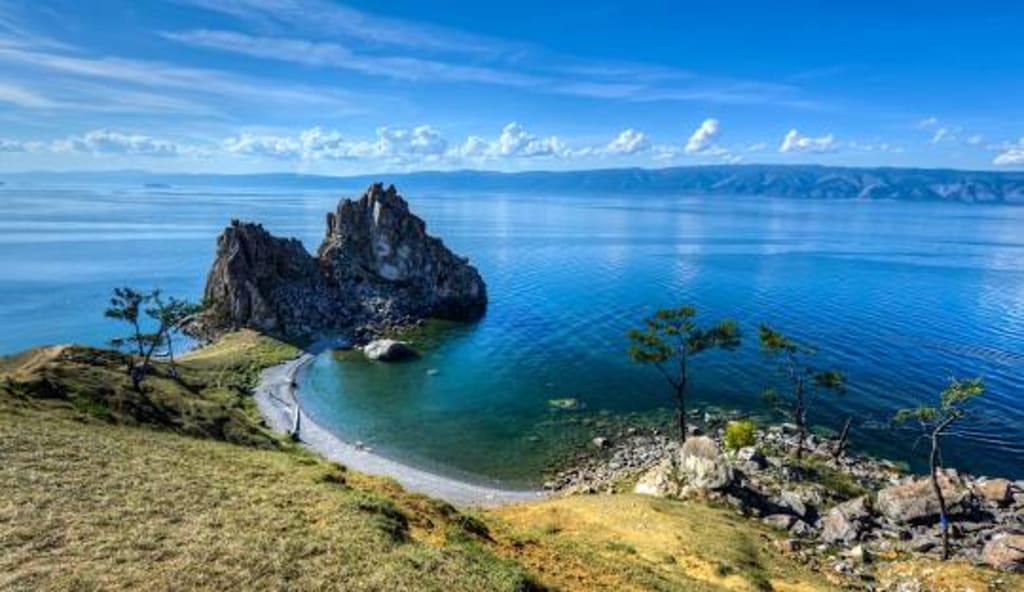
Lake Baikal, situated in a rift depression in the southern part of Eastern Siberia, is renowned for its stunning beauty and picturesque landscapes. As the oldest lake in the world, estimated to be around 25-35 million years old, it is considered a natural wonder not only in Siberia but also on a global scale.
Baikal stands as the largest freshwater reservoir on Earth, holding 22% of the world's freshwater and supplying 85% of Russia's water. The volume of water in Baikal reaches 23 thousand km3, which is roughly equivalent to the combined volume of five Great Lakes in the United States.
Furthermore, Baikal holds immense significance not only for its abundant reserves of fresh water, which can be considered as distilled water due to its low mineral content of 100 g / l, but also for being the deepest lake globally. This remarkable natural wonder was acknowledged by UNESCO in 1996 and was added to the prestigious World Heritage List.
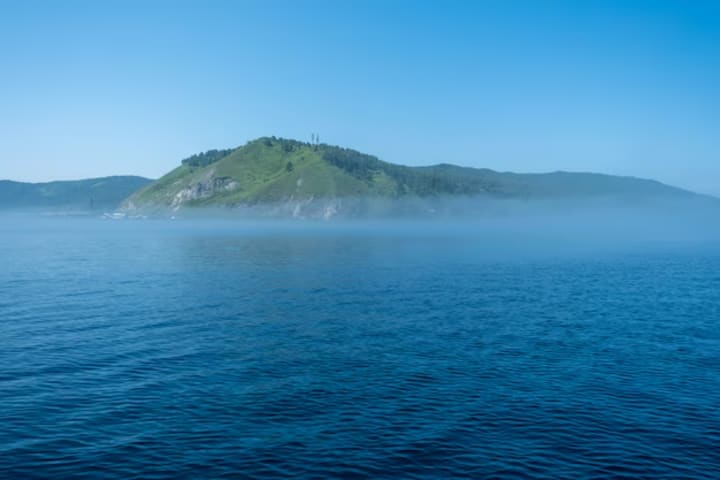
Lake Baikal is located in Central Asia, almost in the center of Eurasia, in the southern part of Eastern Siberia, and has the shape of an elongated crescent.
Situated within a fissure where the continent of Asia is gradually dividing, lies a lake basin that holds the promise of a forthcoming ocean.
This lake basin, formed by ancient glacial activity, is nestled amidst towering mountain ranges and lush forests, serving as a natural boundary between the Irkutsk region and the Republic of Buryatia in the Russian Federation.
According to geologists, Lake Baikal offers a glimpse into the past, resembling the early stages of separation witnessed by the seaboards of North America, Africa, and Europe millions of years ago.
At its deepest point, reaching over 5,000 feet (1637m), the lake boasts an additional layer of sediment that spans four miles in thickness. Within the lake's frigid and oxygen-rich waters, an abundance of peculiar life forms thrive.
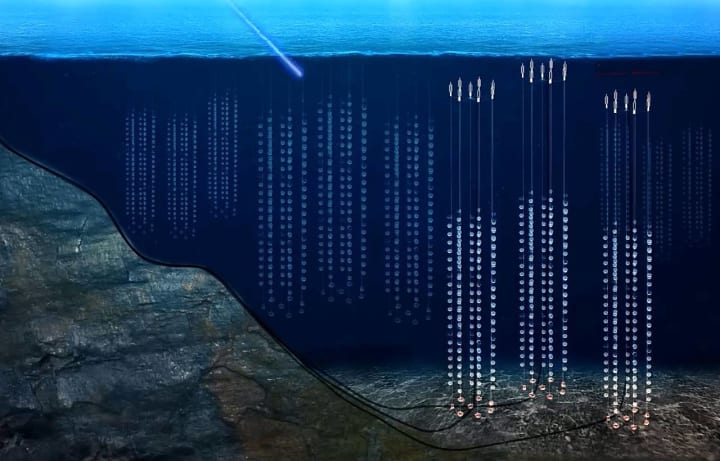
The golomyanka, a pink, partly transparent fish that gives birth to live young, is a favorite food of the seals. Geologists approximate that Lake Baikal was created around 20-25 million years ago, in the Mesozoic era.
Encircled by towering snow-covered mountains, Lake Baikal continues to provide breathtaking views of unparalleled beauty. The mountains remain a sanctuary for wildlife, while the quaint villages serve as peaceful and self-sufficient settlements in the isolated Siberian taiga, also known as the forest.
As a response, the Soviet government issued a decree in 1971 to safeguard the lake from harmful emissions. Despite these efforts, challenges persisted in implementing pollution control measures, with industrial waste remaining a pressing issue at the site well into the late 1990s.
Industries located along the shores of Baikal encompass mining (mica and marble), the production of cellulose and paper, shipbuilding, fisheries, and timber. The region is also known for its numerous mineral springs, attracting visitors to Goryachinsk seeking the therapeutic benefits of the waters. In 1966, a pulp and paper factory constructed on the southern shore of Lake Baikal faced significant opposition from Soviet scientists and writers due to the pollution caused by its waste materials.
Baikal's climate is significantly milder compared to the surrounding region. During winter, the average air temperatures drop to around -6 °F (-21 °C), while in August, temperatures average at 52 °F (11 °C). The lake's surface freezes in January and thaws in either May or June.
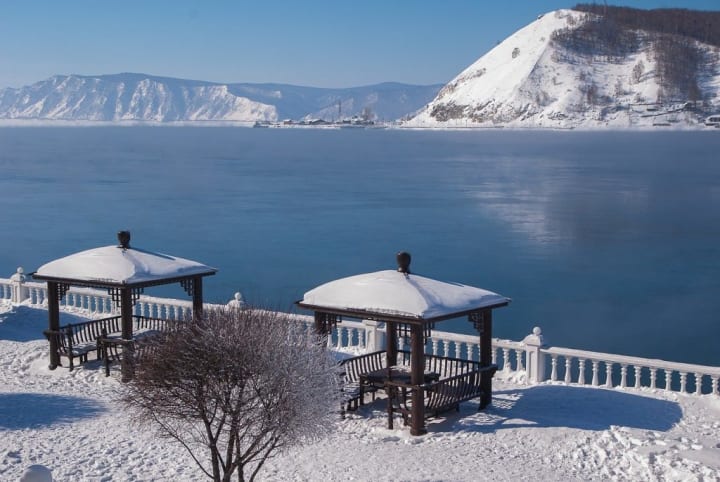
In August, the water temperature at the surface ranges between 50 and 54 °F (10 and 12 °C), while in the shallower areas further from the shore, it can reach up to 68 °F (20 °C). The waves on the lake can reach heights of up to 15 feet (4.6 meters). The water is exceptionally clear, allowing visibility of up to 130 feet (40 meters) from the surface. Additionally, the lake has low salinity and contains only a few minerals.
About the Creator
Enjoyed the story? Support the Creator.
Subscribe for free to receive all their stories in your feed. You could also pledge your support or give them a one-off tip, letting them know you appreciate their work.


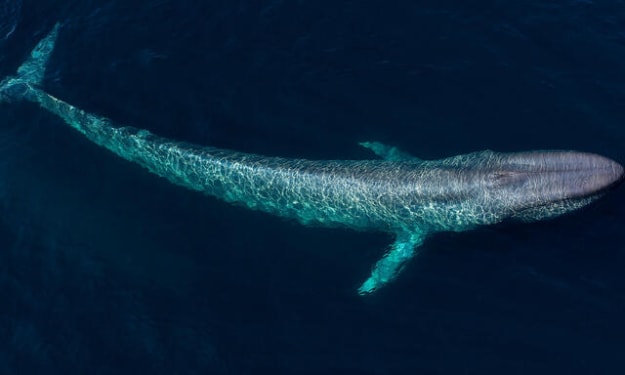
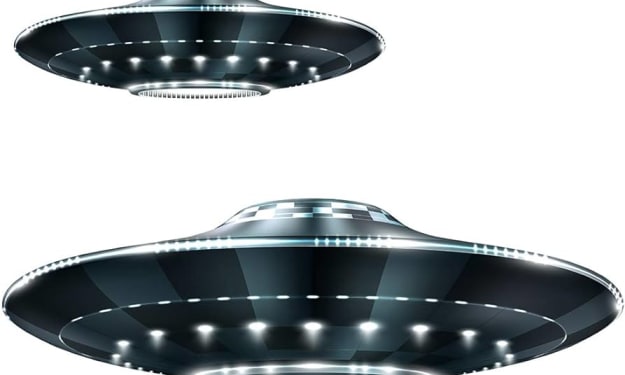


Comments
There are no comments for this story
Be the first to respond and start the conversation.